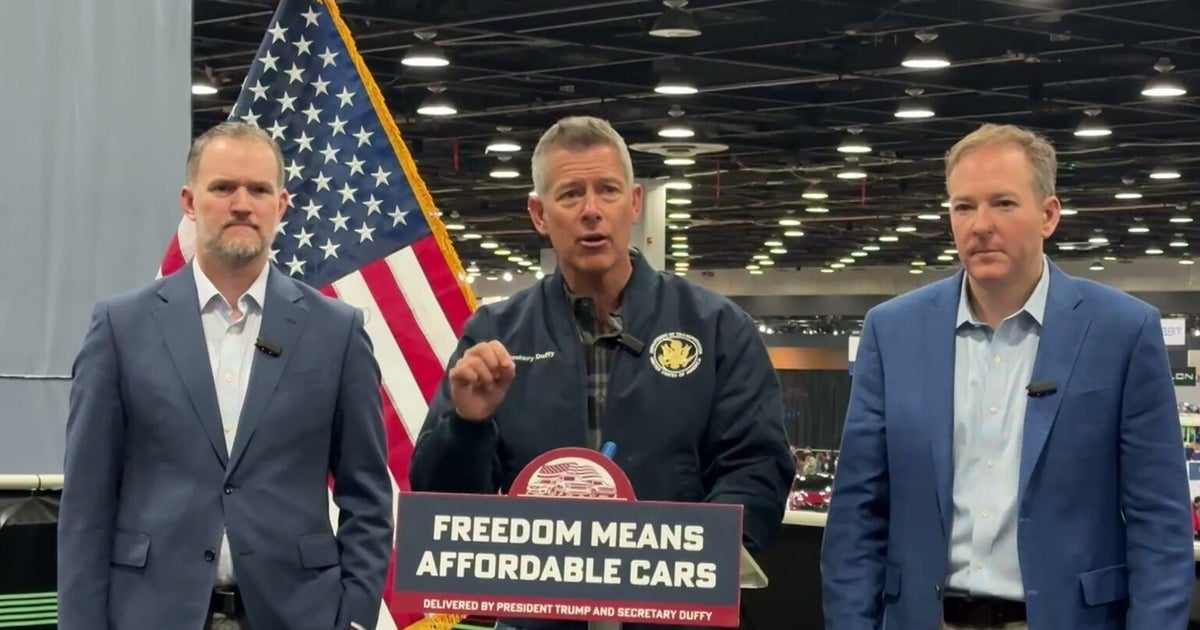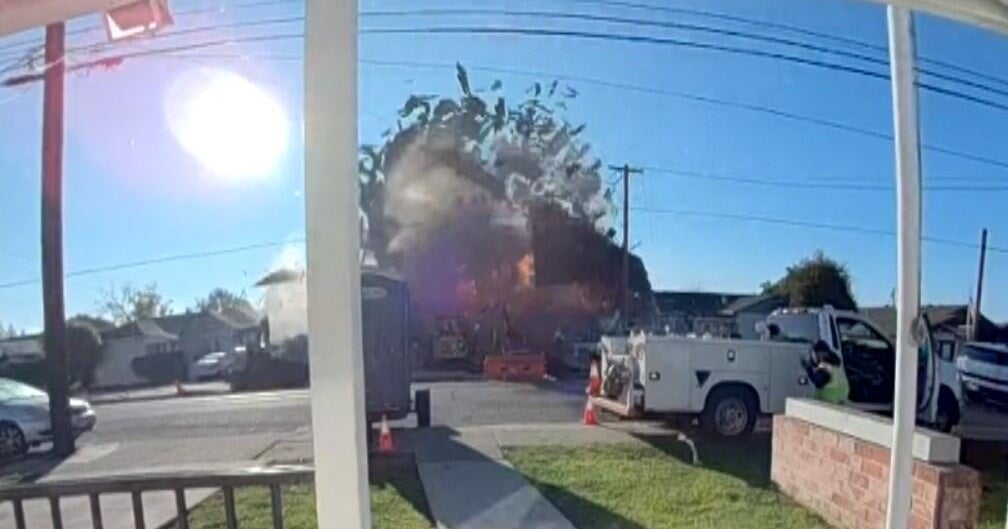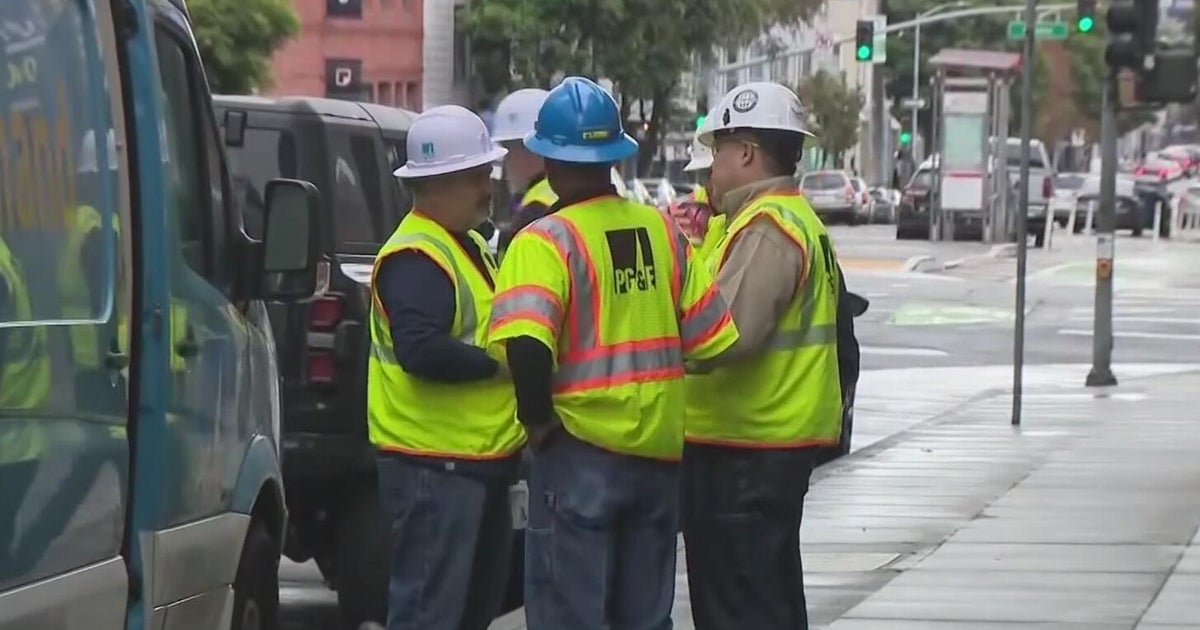Tesla 1, Dealers 0: Judge Tosses Lawsuit Against Electric Car Company

Last fall, Tesla was making headlines -- not because of its snazzy Model S sedan, but because of its unusual (and potentially illegal) showrooms. Now, one judge in Massachusetts has vindicated the electric-car startup and its unorthodox sales techniques. Is this the shape of things to come?
A quick recap
Tesla is a small but audacious company. Then again, we wouldn't expect anything less from its founder, Elon Musk, who also changed the face of banking (PayPal) and space travel (SpaceX).
Tesla hasn't just created high-end electric cars that can -- for a price -- achieve ranges comparable to conventional vehicles. It has also reimagined the auto showroom experience, thanks to George Blankenship, the man who helped create Apple's ridiculously successful, outrageously profitable chain of retail outlets.
According to the automaker's website, there are currently 23 Tesla "stores and galleries" across the U.S., plus another one in Canada. Generally speaking, these outlets are more like "information centers" than conventional dealerships: customers can peruse vehicles, learn more about them, and even sit in them, but they're required to go elsewhere for test drives and purchases.
Other auto dealers aren't happy with Tesla's showrooms because they claim the facilities violate franchise laws. Franchise laws differ from state to state, but in most cases, they prohibit automakers from selling directly to the public, requiring a dealer to play middleman.
And so, Tesla has been sued in four states: Illinois, Massachusetts, New York, and Oregon. In November, Tesla won a partial victory in Massachusetts when a judge denied a request from the Massachusetts State Automobile Dealers Association to shut down Tesla's showroom in Natick.
This week's news
In a continuation of the Massachusetts case, Norfolk County Superior Court Judge Kenneth Fishman has now thrown out the entire lawsuit brought against Tesla by the Association.
According to the report in AutoNews, however, it appears that Fishman has left the door open to future challenges. Avoiding the question of whether Tesla might be violating franchise laws, Fishman instead tossed the case because he determined that the Association lacks standing to sue.
Naturally, the Association is displeased with Judge Fishman's decision and claims that it does, in fact, have standing under 2002 revisions to the state's franchise laws. There's no word on whether the Association will appeal.
The future of sales?
It doesn't take a genius to realize that there are grave problems with today's auto sales paradigm. Showrooms are often high-pressure environments, full of pushy sales personnel who can be more interested in making a sale than making customers feel comfortable with the vehicle they're buying.
Equally problematic is the sales transaction itself, which can be just as excruciating as the shopping, test-driving, and negotiation. Generally speaking, the rule in marketing is to put as few barriers as possible between a customer and her purchase. By that account, car sales fail more often than they succeed.
Moreover, the current auto sales paradigm runs counter to 21st century trends, most of which are centered around the internet. Whether someone's buying roller skates or a refrigerator, today's customer experience is all about information-gathering, comparison-shopping, and -- once a decision has been made -- an easy, no-hassle purchase.
Tesla hasn't changed the car-sales model entirely, but it's an interesting start. True, it may be violating state franchise laws, but it seems to us that in certain cases, those laws are in need of updating -- not just for Tesla's sake, but for other automakers, too. From where we sit, Tesla (and to a smaller degree, Audi) may be leading the entire auto industry toward a new sales model that could benefit manufacturers and consumers alike.
___________________________
This article originally appeared at The Car Connection.







